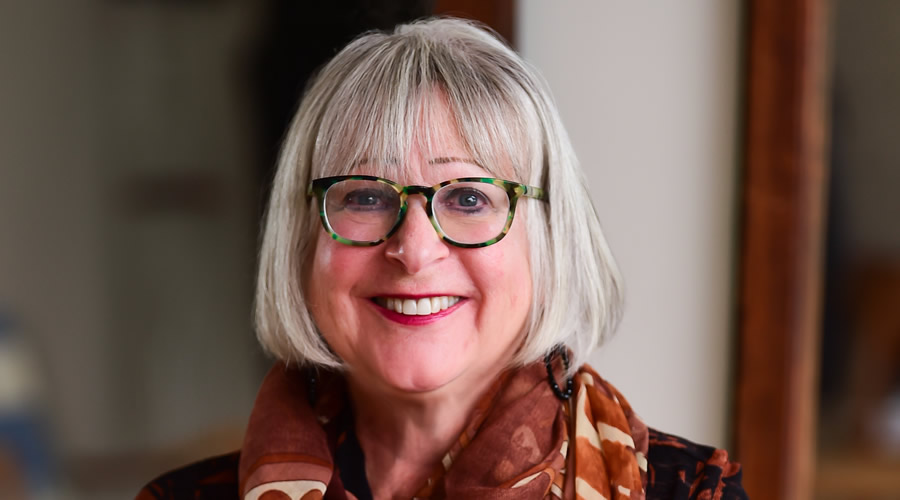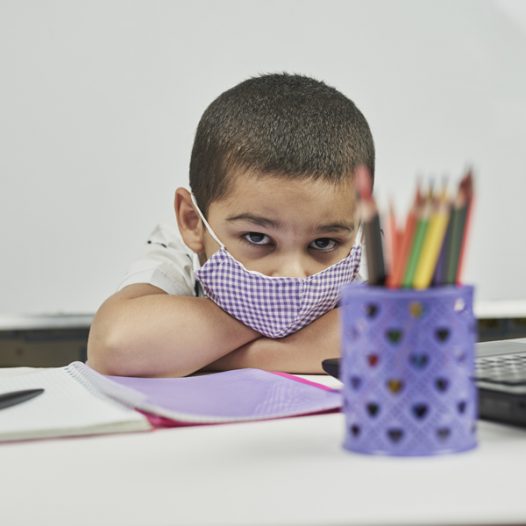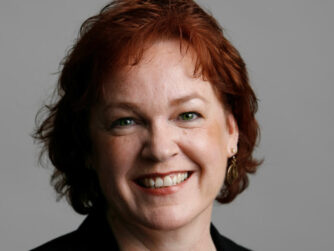Karen Gross
What concrete steps can be taken in schools to address trauma and improve the quality of education offered in light of a global pandemic that has turned our lives upside down?
We are living in some of the most unique and challenging periods in history. That said, it’s looking like K through 12 schools are going back to their buildings in person this fall. Trauma isn’t going to stop at the school door. Today’s episode features a conversation with Karen Gross, educator and author, who will talk about what schools should be concerned about as they re-open in person – and especially why trauma matters. She will discuss a blueprint for what can be done from the macro to micro levels and offer practical examples for implementation by School Social Workers and all school personnel.

Karen Gross is an author and instructor in continuing education at Rutgers University Graduate School of Social Work and sits on the Advisory Council at the Center for Minority Serving Institutions at Rutgers Graduate School of Education. Her work focuses on student success with a specialization in trauma. She has worked with institutions planning for and dealing with person- and nature-made disasters with a recent focus on the impact of the pandemic on student learning and psychosocial development. She previously served as President of Southern Vermont College and Senior Policy Advisor to the US Department of Education during the Obama Administration.






What a great lens to look through when discussing and better understanding the impact of trauma on students and schools, as well as discovering key ways to best prepare for reentry to school. In Karen Gross’s review of society’s challenge with basic transitioning, she discusses how necessary and beneficial it will be for schools to rethink how they will welcome students back to the building. As she laid out important aspects and effects of trauma on students, she provided her “3 P’s” of planning, preparing and predicting that schools should greatly consider along their processes. To fully support and proactively anticipate the needs of students, she suggested schools creating ‘Trauma Teams’ well before the opening of schools where the necessary brainstorming and discussions may be held. Additionally, it was well noted as a reminder to both students and teachers that, “you [students] didn’t cause the trauma and most likely can’t control and regulate without some help”. This, along with her “3 R’s” of retriggered, ‘rugg-less’ and refreshed provided the necessary conversation for teachers/staff and students surrounding what to expect with trauma. This, I found to be very helpful and applicable to these times. Lastly, this speaker reminded schools to seek ways to reestablish connections, maintain communication and rethinking how discipline is handled.
This speaker’s willingness to acknowledge the harsh reality of schools in addressing the impact of trauma was both sobering and encouraging. I appreciated her sensitivity to the varying levels of this trauma but also her ability to provide helpful and thought provoking information to those in education.